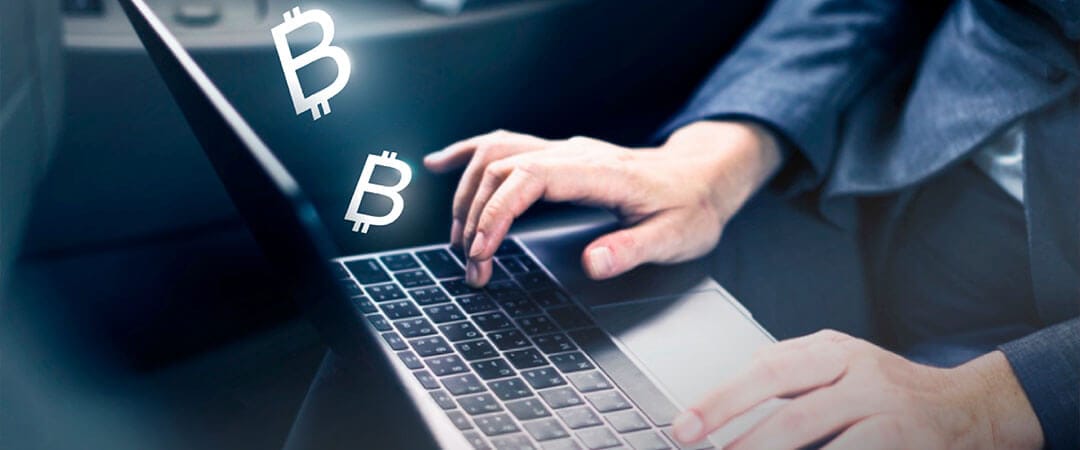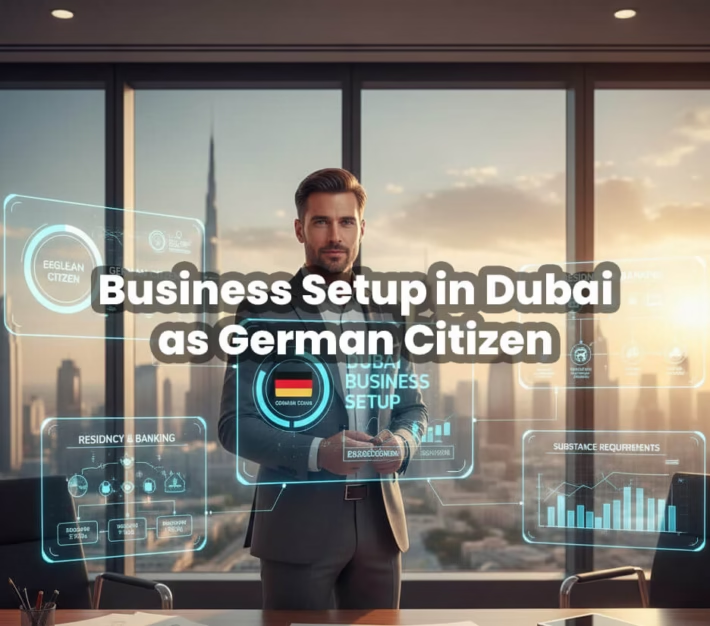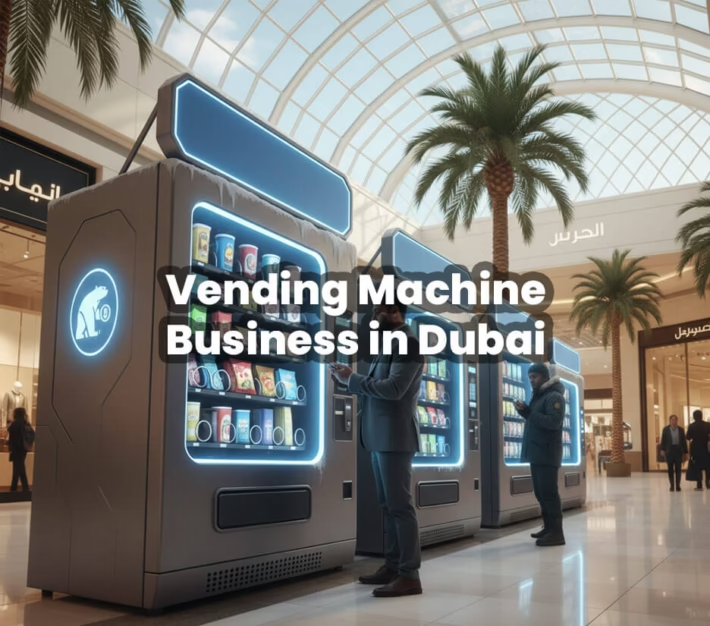Crypto License in Dubai: How to Start a Crypto Company

Satoshi Nakamoto
In 2009, Satoshi Nakamoto launched Bitcoin in response to the financial crisis, aiming to decentralize traditional systems and offer an economic alternative.
Initially, it was seen as a niche concept, mainly appealing to tech enthusiasts. Fast forward to today, surrounded by thousands of cryptocurrencies, drawing in everyone from tech-savvy millennials to seasoned investors in their 50s. It is all drawn in by its decentralization from the norm, high-profit returns, and easy transactional systems. As the crypto world continues to expand, more individuals are eager to start their businesses—whether it’s creating new tokens, developing blockchain applications, or diving into the world of NFTs, setting up your business in Dubai requires having a trading license.
Why start a Crypto Business in Dubai?

Dubai’s rapid transformation into a crypto-friendly city is largely due to its forward-thinking government and strategic economic vision. The Dubai Multi Commodities Centre (DMCC) and Dubai International Financial Centre (DIFC) to name a few have laid the groundwork for blockchain and crypto businesses to thrive. Here are a few reasons why Dubai is the ideal place for your crypto venture:
Pro-Business Environment:
Dubai offers a highly competitive business environment with zero corporate and personal income tax, which is a major advantage for crypto traders.
World-Class Infrastructure:
The city provides excellent infrastructure, world-class telecoms, and a robust banking sector that supports fintech innovations.
Regulatory Support:
With the introduction of frameworks like the Virtual Assets Regulatory Authority (VARA), Dubai is creating a secure and compliant ecosystem for crypto and blockchain businesses.
Global Connectivity:
Dubai’s strategic location and its position as a major global business hub make it an attractive destination for international investors and businesses.
Crypto Regulations in Dubai

In 2022, the UAE enacted the Federal Law on Virtual Assets, providing a comprehensive legal framework for crypto businesses. This law aims to regulate virtual asset activities, establish a licensing regime, and combat financial crimes associated with cryptocurrencies.
Key regulatory bodies to engage with include:
- Dubai Multi Commodities Centre (DMCC): DMCC, through its Crypto Centre, offers a business-friendly environment for blockchain and crypto companies. It provides support for trading, storage, and management of digital assets, under the supervision of the Dubai Financial Services Authority (DFSA) for businesses operating in the Dubai International Financial Centre (DIFC).
- Financial Intelligence Unit (FIU): Oversees anti-money laundering (AML) and combating the financing of terrorism (CFT) measures.
- Crypto Regulations by Other Authorities: Other entities like the Securities and Commodities Authority (SCA) and the Central Bank of the UAE (CBUAE) have also introduced regulations governing the issuance and trading of cryptocurrencies and security tokens. The SCA, in particular, has established rules for initial coin offerings (ICOs) and token trading platforms, ensuring that these activities are conducted transparently and securely.
What is VARA and Why Does It Matter?
Dubai’s Virtual Assets Regulatory Authority (VARA) was established to regulate the issuance, trading, and exchange of virtual assets. VARA operates under the Dubai World Trade Centre (DWTC) and is responsible for providing licenses to businesses dealing in digital assets, including cryptocurrencies.
By working through VARA, Dubai ensures that crypto companies operate within a legal framework that protects investors and promotes growth.
Types of Crypto Business Licenses in Dubai

There are different types of licenses depending on the nature of your crypto business and your preferred jurisdiction.
DMCC Crypto License
The Dubai Multi Commodities Centre (DMCC) provides a dynamic free zone specifically for cryptocurrency enterprises. It offers two types of licenses: the Cryptocurrency Trading License, enabling the buying and selling of cryptocurrencies, and the Distributed Registry License, which supports blockchain applications.
DAFZA Crypto License
The Dubai Airport Free Zone Authority (DAFZ) permits trading in cryptocurrencies and associated services. It provides a flexible regulatory framework, promoting a conducive environment for crypto businesses.
ADGM Crypto License
The Abu Dhabi Global Markets (ADGM) is a leading financial free zone offering extensive regulations for cryptocurrency operations. The license encompasses activities like trading, storage, buying, selling, and asset management.
DWTC Crypto License
The Dubai World Trade Center (DWTC) is committed to the virtual assets sector, collaborating with the Virtual Asset Regulatory Authority (VARA) and partnering with industry leaders like Binance to establish itself as a regional cryptocurrency hub.
Initial Coin Offering (ICO) License
For businesses looking to raise funds through the issuance of tokens or coins, an ICO license is necessary. This license regulates the process of creating and selling tokens to ensure compliance with financial regulations and investor protection measures.
Steps to Get Your Crypto Trading License in Dubai

01: Choose the Right Free Zone
Several free zones in Dubai support crypto-related activities, and assess your business incentives, infrastructure, and legal framework that each free zone offers to help you determine the best fit for your needs.
Dubai Free Zones:
Many free zones in Dubai allow 100% foreign ownership, no customs duties, and zero personal tax. The Dubai Multi Commodities Centre (DMCC) and Dubai International Financial Centre (DIFC) are among the most popular choices for setting up crypto businesses.
Mainland:
For crypto businesses, VARA has taken the lead in regulating all virtual asset activities, ensuring that companies comply with stringent legal and operational standards.
02: Choose Your Business Model
The crypto industry is diverse, and defining your business model is a fundamental step. Here’s an in-depth look at various business models you might consider when starting your crypto venture in Dubai:
Cryptocurrency Exchange: One of the most popular business models in the crypto space, exchanges facilitate the buying, selling, and trading of cryptocurrencies. You can operate a centralized exchange, where you hold customers’ funds, or a decentralized exchange (DEX), where users trade directly with one another. This model requires a robust technological infrastructure, liquidity management, and strong security measures to protect users’ funds.
Wallet Service Provider: Digital wallets are essential for users to store their cryptocurrencies securely. As a wallet service provider, you would offer a platform for users to create wallets that allow them to send, receive, and store their digital assets. This model may include custodial wallets, where you manage the private keys, or non-custodial wallets, where users have complete control over their assets. Security and user experience are paramount in this model, as any breach could result in significant financial loss.
Mining Operations: Setting up a cryptocurrency mining operation involves using specialized hardware to validate transactions and secure the network. While this model can be capital-intensive, with high electricity and equipment costs, Dubai’s climate and increasing investment in renewable energy can offer unique advantages. If you choose this path, be sure to understand the technical requirements and the regulatory implications of running a mining operation in the UAE.
Consultancy Services: As businesses and individuals increasingly seek to navigate the complex world of cryptocurrencies, offering consultancy services can be a lucrative model. You could provide expertise on blockchain implementation, regulatory compliance, investment strategies, or developing crypto-based solutions tailored to specific industries. This model relies heavily on your expertise and network within the crypto community.
Decentralized Finance (DeFi) Projects: The DeFi sector is booming, offering financial services without traditional intermediaries. If you have a technical background, you might consider launching a DeFi project, such as a lending platform, yield farming, or liquidity pool. This model involves significant technical knowledge, as it requires building smart contracts and ensuring robust security protocols.
Non-Fungible Tokens (NFTs): The NFT market has exploded in recent years, providing opportunities for artists, creators, and businesses to monetize digital assets. You could create an NFT marketplace, develop NFT-based games, or provide consulting services for individuals and companies looking to enter this space. Understanding the unique aspects of NFTs, including intellectual property rights and market dynamics, is crucial for success in this area.
03: Apply for Initial Approval from VARA
Once you’ve selected your preferred jurisdiction, EZONE experts will obtain approval from the Virtual Assets Regulatory Authority (VARA). Documents typically required include:
- Completed application form
- Copies of shareholders’ and directors’ passports
- Proof of residential address
- Comprehensive business plan
- Financial projections
- Background information on key personnel
04: Prepare the Required Documents
To ensure a smooth application process, our team will ensure all the necessary documents are in order. These usually include:
- Memorandum of Association (MOA)
- Articles of Association (AOA)
- Proof of capital and funding sources
- KYC and AML policies (Know Your Customer & Anti-Money Laundering)
The exact requirements may vary based on the type of license you’re applying for and whether you’re setting up in a free zone or mainland Dubai.
05: Secure Office Space
A physical office is a requirement regardless of your business setup free zone. Many free zones offer flexible office solutions like co-working spaces, virtual offices, and shared spaces to help minimize costs.
06: Obtain the License
Once we get your license approval, you will receive your crypto trading license. This will allow you to start operating within the Dubai market. Typically, the process of approval takes 4-6 weeks, but this can vary depending on the complexity of your business.
07: Open a Corporate Bank Account
After receiving your crypto trading license, the next step is to open a corporate bank account, our team of professionals will guide you through the process.
08: Compliance with AML and KYC Regulations
The UAE has strict regulations to prevent money laundering and the financing of terrorism, particularly when it comes to cryptocurrencies. As a crypto trading business, you must establish clear KYC (Know Your Customer) and AML (Anti-Money Laundering) policies to stay compliant. You’ll also need to regularly report to VARA to ensure adherence to regulatory guidelines.
How EZONE Business Setup can help?
Launching a crypto business today positions you at the forefront of a rapidly expanding industry. It offers innovative financial models, global market reach, and higher ROI potential, all while bypassing traditional barriers. Instead of merely following trends, you have the chance to lead them.
As Dubai emerges as a hotspot for crypto innovation, securing your crypto business license is your gateway to revolutionizing transactions, asset management, and technology interactions.
Don’t miss the opportunity to get your business license with personalized assistance, by visiting our website https://e.zone/ or emailing us at hello@e.zone
EZONE specialize in creating content that highlights business setup and consultancy services. We provide expert insights on company formation, licensing, and the latest industry developments. Through this blog, we aim to equip entrepreneurs and businesses with the knowledge they need to navigate opportunities and challenges in today's market.



